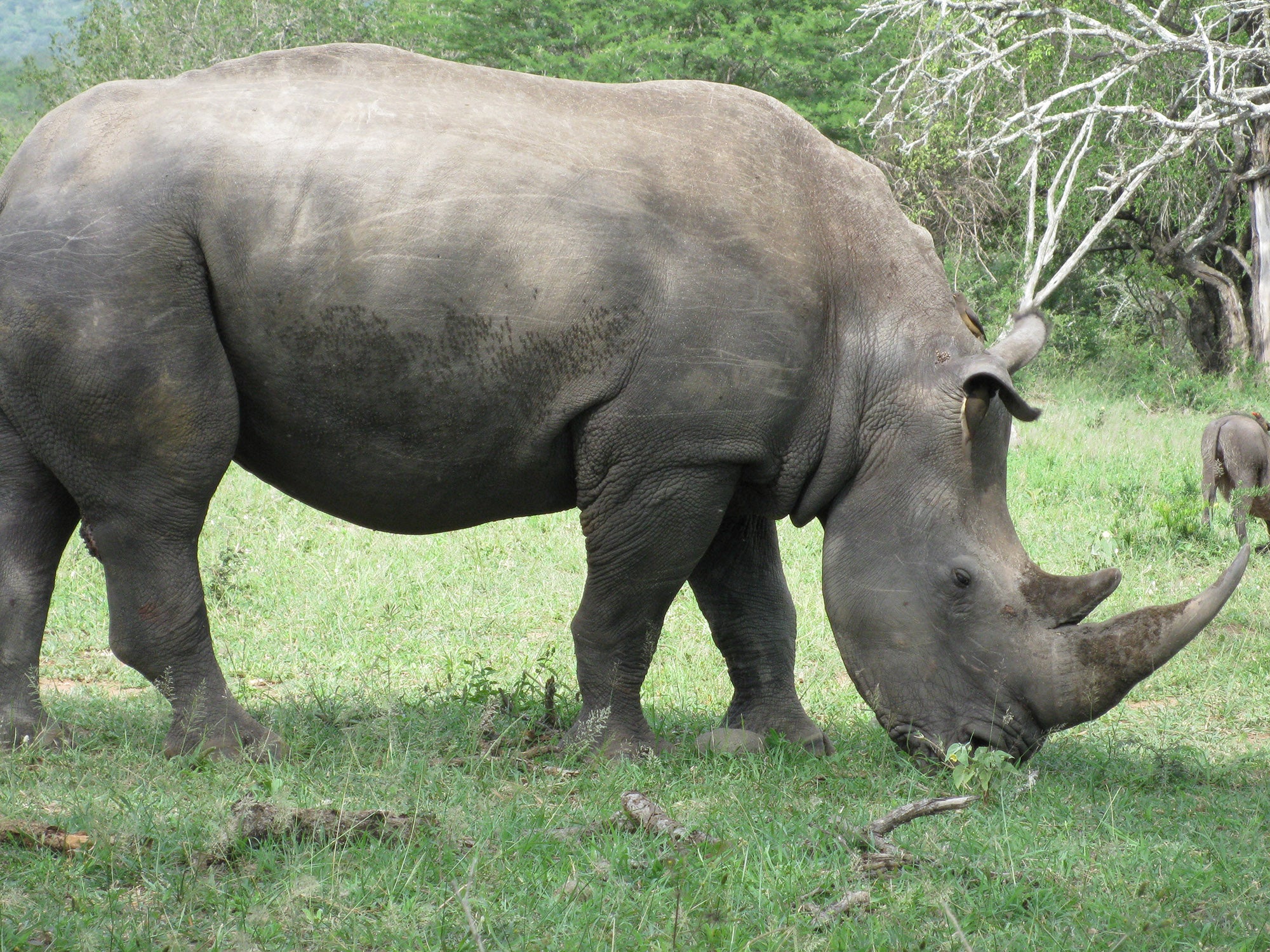Behavioral Ecology and Conservation, Management of Large Herbivores: From Africa to Arizona

Behavioral ecology can support, expand, and strengthen the management and conservation efforts of large mammalian herbivores. For example, an understanding of the decisions that these herbivores make (e.g. about foraging) can provide key insight into the factors driving large-scale patterns, such as landscape use
Adrian Shrader will discuss: 1) how adjustments in prey anti-predator behavior in response to the introduction of wild dogs provide insight into potential knock-on effects to trophic cascades, 2) how foraging ecology is helping to conserve the endangered oribi antelope by understanding competitive and facultative interactions between oribi and cattle, and 3) how the use of olfactory cues by herbivores (e.g. elephants) puts into context their feeding decisions and ultimately their impacts on the landscape. Finally, he will link how these approaches could be applied to the large mammalian herbivores in Arizona.
Shrader is a behavioral ecologist, yet his research interests also include aspects of conservation ecology and wildlife management. Shrader’s research focuses primarily on the ecology of large mammalian herbivores (including megaherbivores), their interactions with vegetation, and the factors governing their foraging, habitat use, and movements.
Ultimately, his research strives to understand the behavioral decisions of herbivores, the information they use to make these decisions, and the effects these decisions have on their ecology. The ultimate goal of his research is to apply ecological theory to the management and conservation of large mammals.
Shrader earned a doctorate in ecology from University of the Witwatersrand, South Africa. He is currently a senior lecturer at the University of KwaZulu-Natal, in South Africa.
Faculty and practitioners discuss their current research and field projects in the college’s Science and Mathematics Colloquium Series, held throughout the academic year at the ASU Polytechnic campus. All seminars are free and open to the public.

